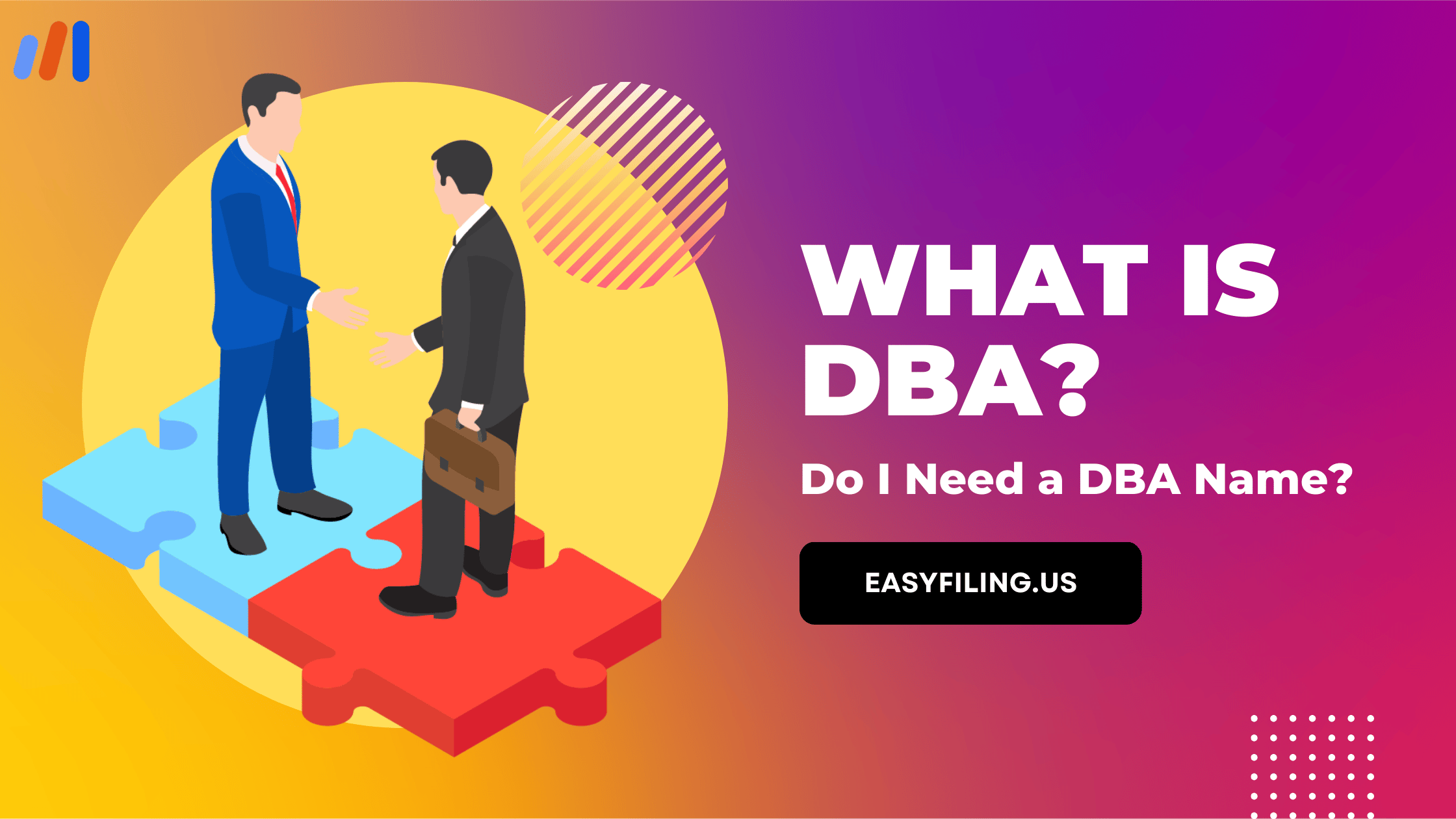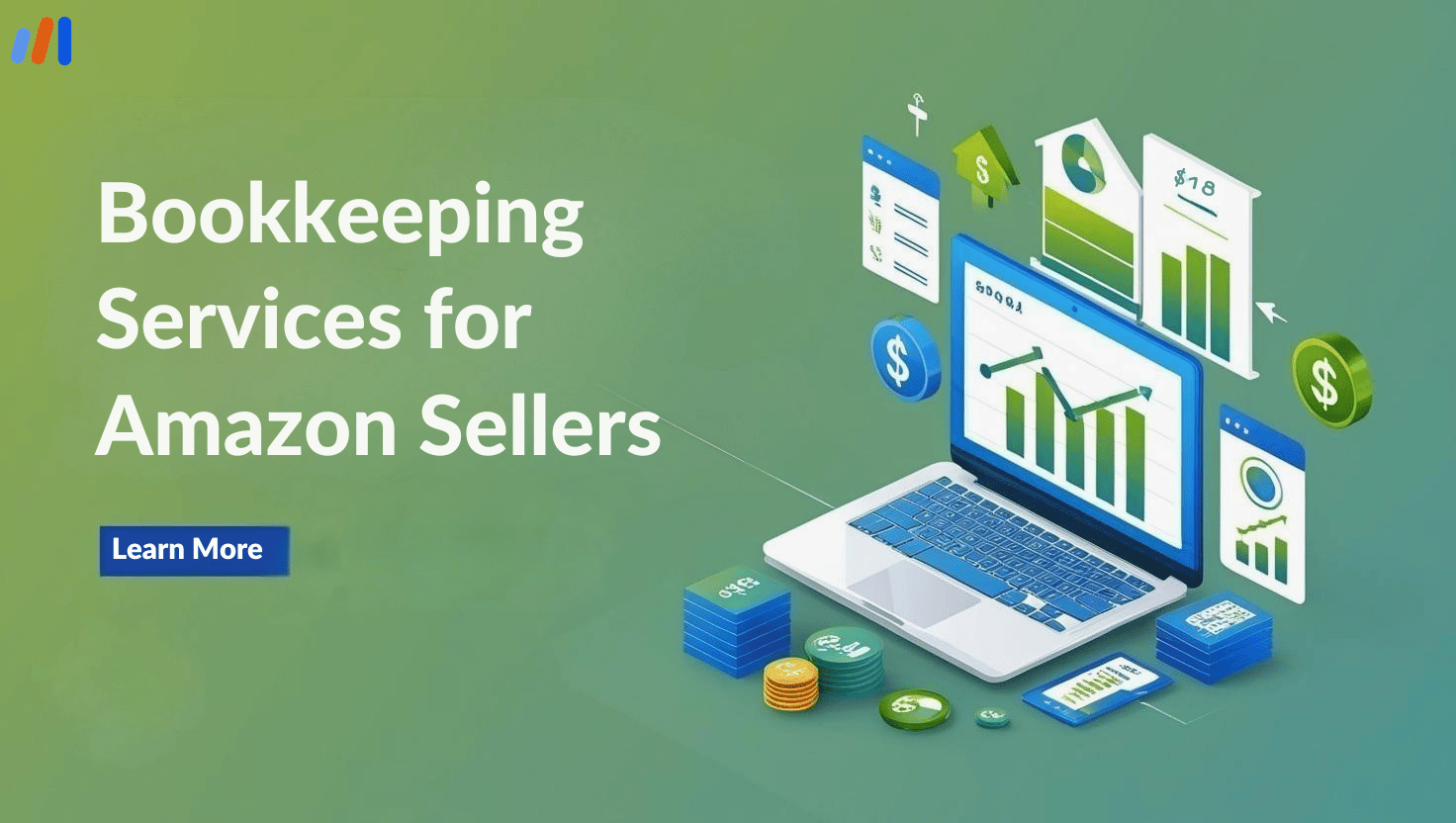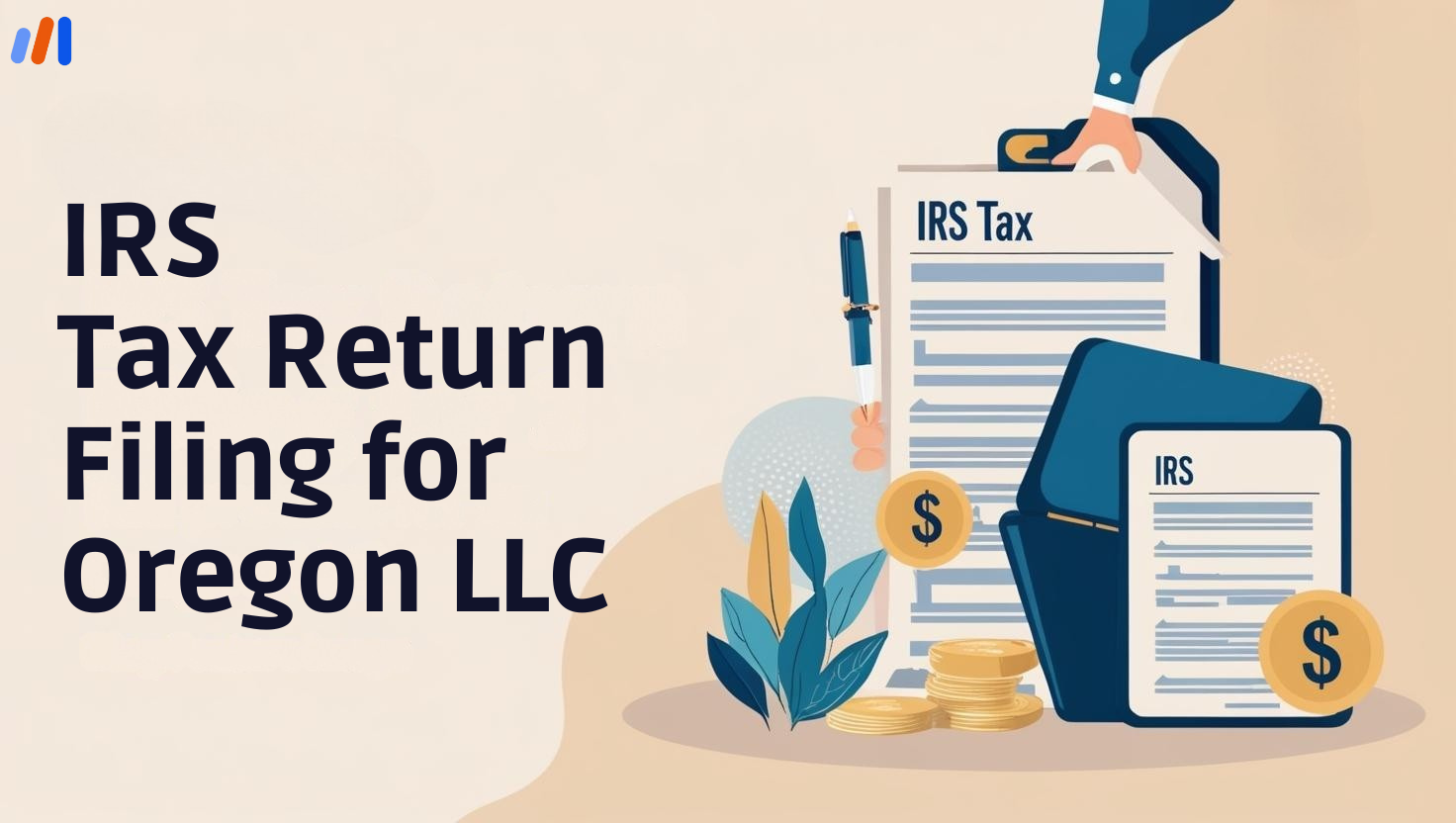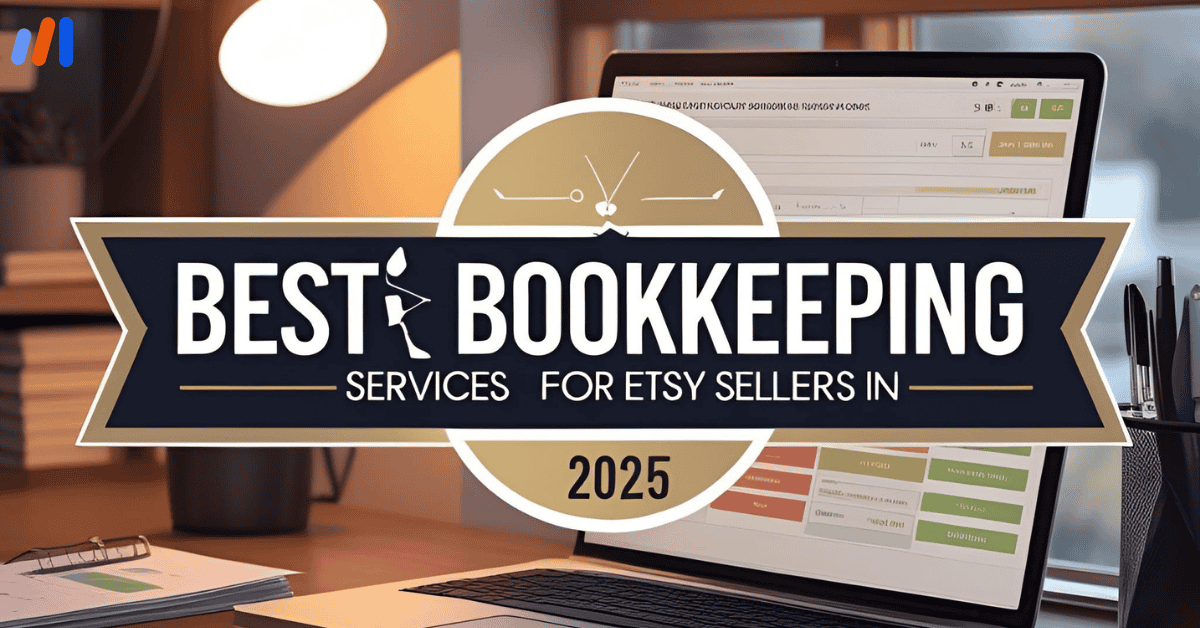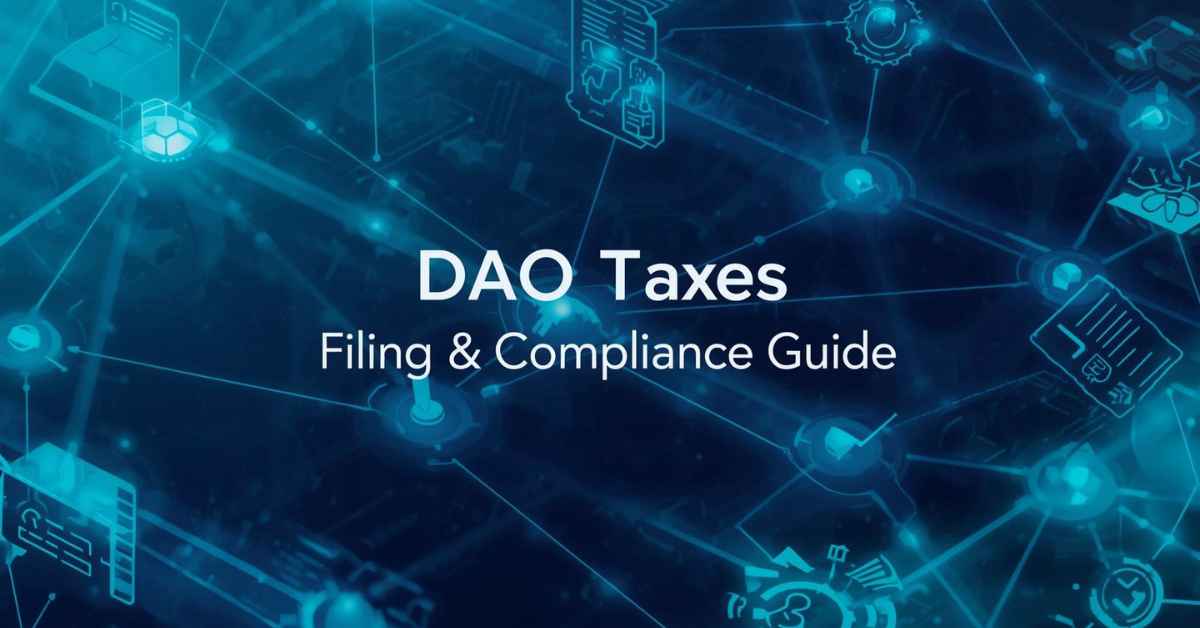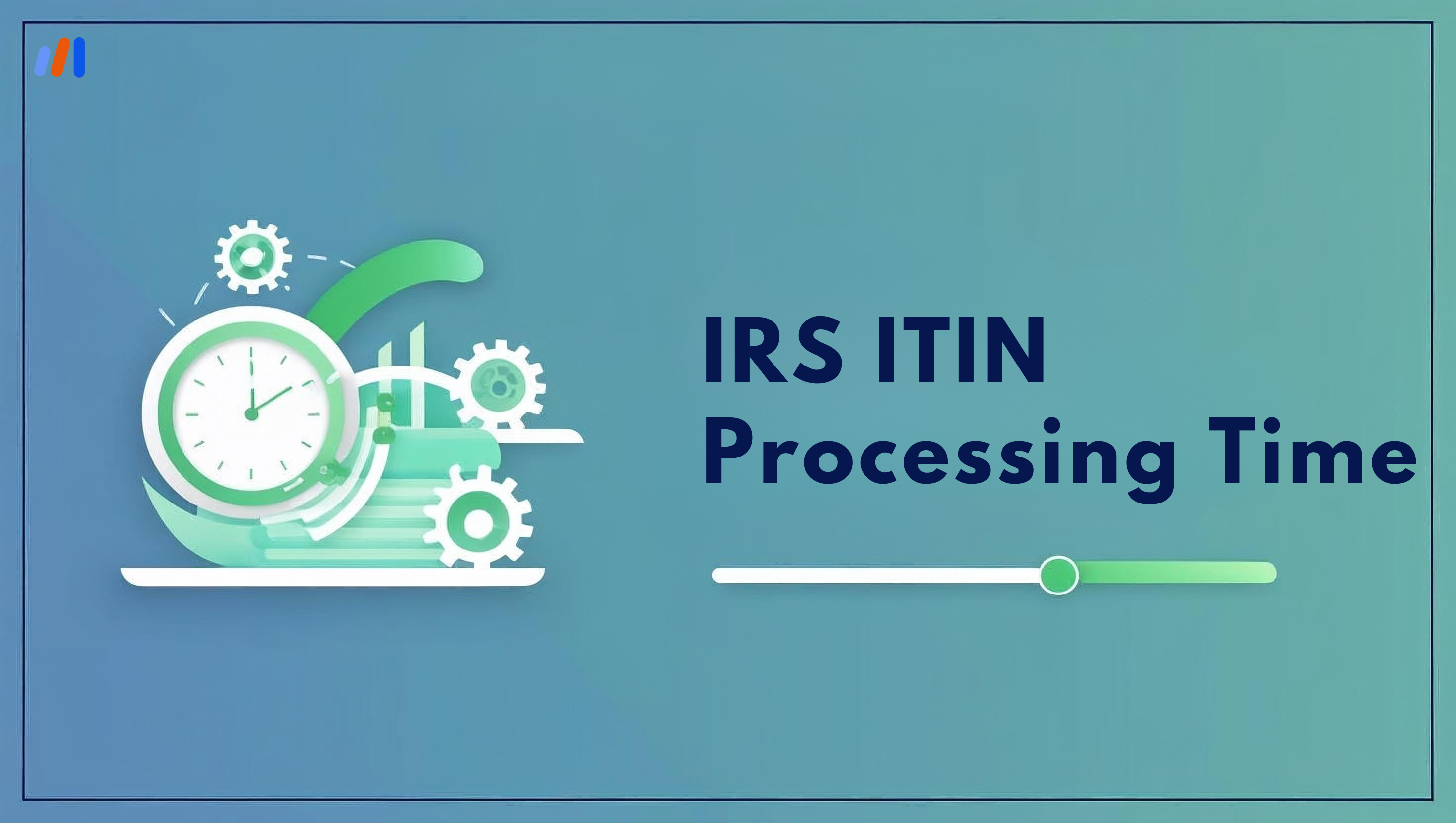You’ve decided to start a new business. You have a great idea, put together a talented team, and now need to pick a name. Although a seemingly simple task, there are legal implications and terms you should be familiar with before settling on a name for your business.
There are several options for naming your business:
- Operate under a “legal name”
- Use the name of the business owner
- Register a DBA (“doing business as”)
Every business will have a “legal name.” Depending on the structure of the business, this may be the name of the owner(s) or the name that appears on the business formation documents. However, a business may also choose to operate under a DBA
So how does a DBA apply to your business? This article discusses a brief about what is a DBA, how a DBA works, and situations when you may need to register one.
What is a DBA?
Choosing the right business name is imperative for creating a brand and identity in the market. Many times, businesses find that their private names or original registrations are not quite capturing what they do or resonating with them.
A DBA (Doing Business As) is an alter ego of a business that has been given another name other than its legal one. It allows companies to operate using their brand, product, or service description through a different name without the need to create another legal entity.
If John wants to open a coffee shop and his company is John’s Consulting Services, he may file a DBA as “Java Junction” rather than his current business name. This increases flexibility, making it easier to market and build the brand hence making it more relatable and memorable to customers.
Advantages of Filing a DBA
Brand Flexibility:
A DBA means that a company can do business under a name that resonates more with its brand image or target market. This may be particularly important for marketing reasons, and for establishing brand identity.
Ease of Entry:
Filing a fictitious business name is relatively simpler and cheaper compared to starting up a new corporation or LLC. It is an open door for sole proprietors and small businesses to use their trade names without being separate companies.
Legal Compliance:
Operating under another name that is not registered as the official business name but lacks DBA may result in legal challenges. The filing of DBAs therefore ensures adherence to the state and local rules thereby avoiding any fines, and penalties among others.
Banking and Financial Transactions:
With a DBA, you can open a business bank account under the company’s assumed name, so it becomes easier to handle finances related to your company and receive payments.
Professionalism and Credibility:
A Doing Business As makes the small business look more professional and established thereby attracting more customers/clients. It also shows the public that this enterprise is real hence its brand should be taken seriously.
Disadvantages of Filing a DBA
No Legal Protection:
A trade name does not provide legal protection or personal liability protection. In case your business gets sued, then your assets are at risk because there isn’t any distinction between your personal life and company.
No Exclusive Rights:
Registering fictitious business names does not give one exclusive rights over this name used for commercialization. It might lead to confusion since other firms could utilize the same trade title within different jurisdictions hence causing possible clashes leading to confusion.
Renewal and Maintenance:
Periodic renewal rates are usually needed regarding these D.B.As, adding to administrative obligations. This might turn out to be an ongoing expense, therefore, businesses have to cope with it all through.
Limited Scope :
Generally doing business-as applies only in the jurisdiction where it was filed. If you want to grow your business to other areas, you may have to file additional DBAs which can be tedious and costly.
Confusion and Misunderstanding:
The use of more than one name in business sometimes results in confusion among customers, suppliers, and even within the enterprise itself.
Do I Need a DBA Name?
Whether you do or don’t need a DBA name depends on several factors associated with your business structure and goals. Here are some situations where filing a DBA may be necessary or advantageous:
Sole Proprietorship or Partnership:
If you are a sole proprietor or part of a partnership and want to use any other name instead of your own name for doing business, then you will need to have a DBA. For example, Jane Smith needs to obtain an assumed name certificate before she can legally open her bakery as “Jane’s Sweet Treats.”
Existing Business Expansion:
A corporation or LLC that wishes to conduct business under another name without creating another entity is required to file a DBA. It allows the company to venture into new products or services using different brands but still retain its initial legal framework.
Marketing and Branding:
Having different business names within one umbrella organization to make it easier for branding purposes such as targeting various market segments is enhanced by this type of license.
Professionalism and Credibility:
Using your firm’s trading title rather than personal identity can enhance trustworthiness among potential clients; moreover, it suggests seriousness by the way the user looks at such businesses.
How Is a DBA Different from an LLC?
Legal Structure:
DBA:
Without creating separate legal entities, filing for d.b.a simply means registering the names that businesses will operate under although this does not mean changing the company’s legal foundation.
LLC:
An LLC (Limited Liability Company) is an independent legal entity that offers limited liability protection against its owners by combining partnership flexibility with corporate liability protection.
Liability Protection:
DBA:
There is no actual ownership protection with d.b.a.; hence, every debt plus responsibility pertaining runs back directly into the owner’s hands personally even when considered within his / her proprietorship accountabilities.
LLC:
On the other hand, there is a limited liability where a business’s assets are protected from all its liabilities and debts, thus creating an independent legal entity.
Formation and Costs:
DBA:
In most instances, filing for a DBA is less complicated and expensive in comparison to the formation of an LLC. It mostly involves submitting a filled form according to the state’s requirements and paying the necessary fees.
LLC:
Formation of an LLC is much more intricate as well as costly; it necessitates filing articles of organization, payment of state fees, as well as possibly complying with numerous other rules plus ongoing compliance needs.
Taxation:
DBA:
Tax treatment remains unaffected by the mere choice of d/b/a. Any form of taxation should follow the prevailing legal format (e.g., sole proprietorship or partnership).
LLC:
A limited liability company can pick any tax regime depending on whether it would like to be taxed as a sole proprietorship, partnership, S corporation, or C corporation thereby providing tax planning flexibility.
Naming Rights:
DBA:
Filing for license d.b.a does not give you an exclusive right to that name since other businesses may use this name but in different jurisdictions, hence causing potential conflicts between companies competing for material advantage within this space.
LLC:
Names used by LLCs have unique status within their respective states. The entity’s name cannot be used by any other company doing business in that jurisdiction.
Conclusion
A significant decision in the life of your business is selecting a suitable name, as it would affect the brand you are going to make, your marketing approach, and even your legal position. A fictitious name is a good choice for businesses that want to operate under another title without creating another corporation.
This is particularly useful for people who run their own businesses or the small ones who wish to create their own image, which will be different from others or target new markets. Nevertheless, potential entrepreneurs must understand that by choosing a DBA they are not guaranteed legal protection or exclusive rights to use a specific name in all situations where they may find themselves.
Frequently Asked Questions
Can I have my non-profit organization operating under DBA?
Yes, non-profits can also have DBAs in order to go by different names when operating. For example, one nonprofit organization could run several programs under distinct brand names while remaining within one single legal entity.
What happens if someone else is already using my desired DBA name?
If you find out that someone already uses it within the same jurisdiction then just choose something else instead of it. You have to search before registering that name because it might be taken.
Are there any ongoing requirements after filing a DBA?
Certainly, there are often renewal filings and fees among others alike such as periodic updates which must be made periodically to keep up with the identity.
How does a DBA affect my business taxes?
The structure of taxation does not change because of taking on an assumed name. It does not matter, the taxes will be imposed on the existing legal form of your business, regardless of an assumed name you register with, for example, a corporation, partnership, or sole proprietorship.
File Your LLC Today
25$ off with a coupon
Lock in EasyFiling's transparent rates and get lifetime compliance support at no extra cost.
Get Started Now